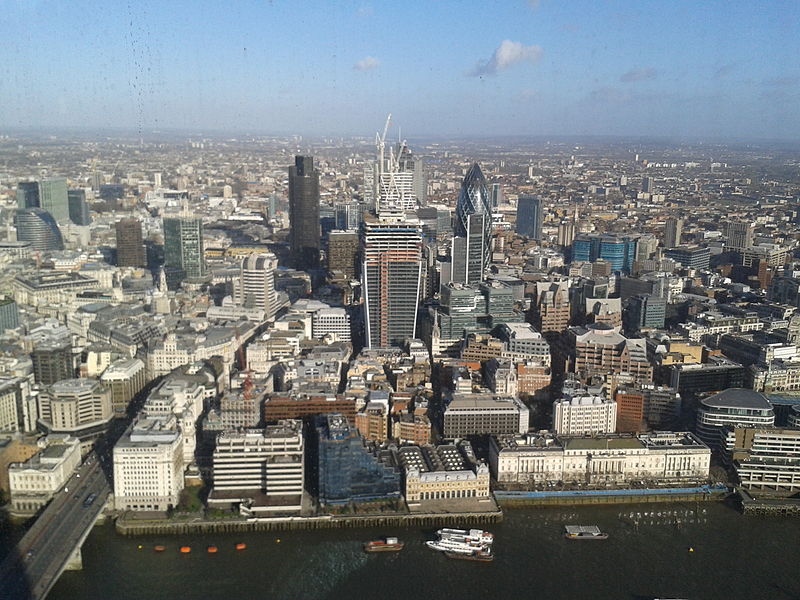
The UK economy contracted unexpectedly in October, marking two consecutive months of negative growth for the first time since the Covid-19 pandemic, according to new data.
Chancellor Rachel Reeves expressed disappointment over the figures, highlighting how a weak performance in the hospitality sector, coupled with uncertainty ahead of the autumn Budget, weighed on economic growth.
The Office for National Statistics (ONS) reported a 0.1% contraction in gross domestic product (GDP) for October, contrary to economists’ forecasts of a modest 0.1% increase.
This decline follows a 0.1% contraction in September, making it the first back-to-back monthly shrinkage in the UK economy since March and April 2020, during the initial pandemic lockdowns.
Despite the setback, the economy managed a slight 0.1% growth for the three months between July and September, indicating a marginally positive quarterly performance.
Services sector stalls
The services sector, which constitutes the largest share of the UK’s economic output, recorded no growth in October, following a similar stagnation in September. Sub-sectors such as arts and entertainment, hospitality, and wholesale trade experienced slowdowns. However, there were positive contributions from transport and the science and technology industries.
Liz McKeown, director of economic statistics at the ONS, said:
“The economy contracted slightly in October, with services showing no overall growth and declines in production and construction sectors. Weak performance in oil and gas extraction, hospitality, and retail was offset by gains in telecoms, logistics, and legal services.”
Government response
Chancellor Reeves reaffirmed the government’s commitment to fostering long-term economic growth:
“While this month’s figures are disappointing, our Plan for Change aims to drive sustainable growth, which translates to higher living standards for everyone.”
The ONS noted mixed responses across industries in its monthly business survey. While some sectors, like manufacturing and retail, saw declines due to uncertainty surrounding the Budget, others, such as real estate and legal services, reported increased activity.
Expert analysis
Rob Wood, chief UK economist at Pantheon Macroeconomics, attributed October’s GDP decline to a combination of factors, including global tariff threats, political uncertainty, and weak consumer spending.
“Much of October’s drop can be traced to erratic sectors that are likely to rebound in November,” he said.
Wood also noted that political uncertainty, particularly following international trade tensions and Budget anticipation, weighed heavily on business sentiment. Despite this, he suggested the Bank of England would likely maintain interest rates, avoiding major policy shifts in the near term.
Production and construction hit
Manufacturing saw the steepest decline within the production sector, which contracted by 0.6% in October. The construction sector also experienced a 0.4% fall, reversing a 0.1% gain in September, largely due to reduced repair and maintenance activity.
Debapratim De, director of economic research at Deloitte, provided a cautious outlook:
“Growth is expected to remain subdued over the winter months before the anticipated boost from public spending post-Budget begins to reflect in GDP figures. Despite the weak performance, a rate cut by the Bank of England remains unlikely, as policymakers remain vigilant about inflationary pressures and global uncertainties.” Photo by User:Acediscovery, Wikimedia commons.




































